32 things to love about the Shetland Sheepdog
When it comes to things to love about the Shetland Sheepdog, we had a hard time narrowing this list down!
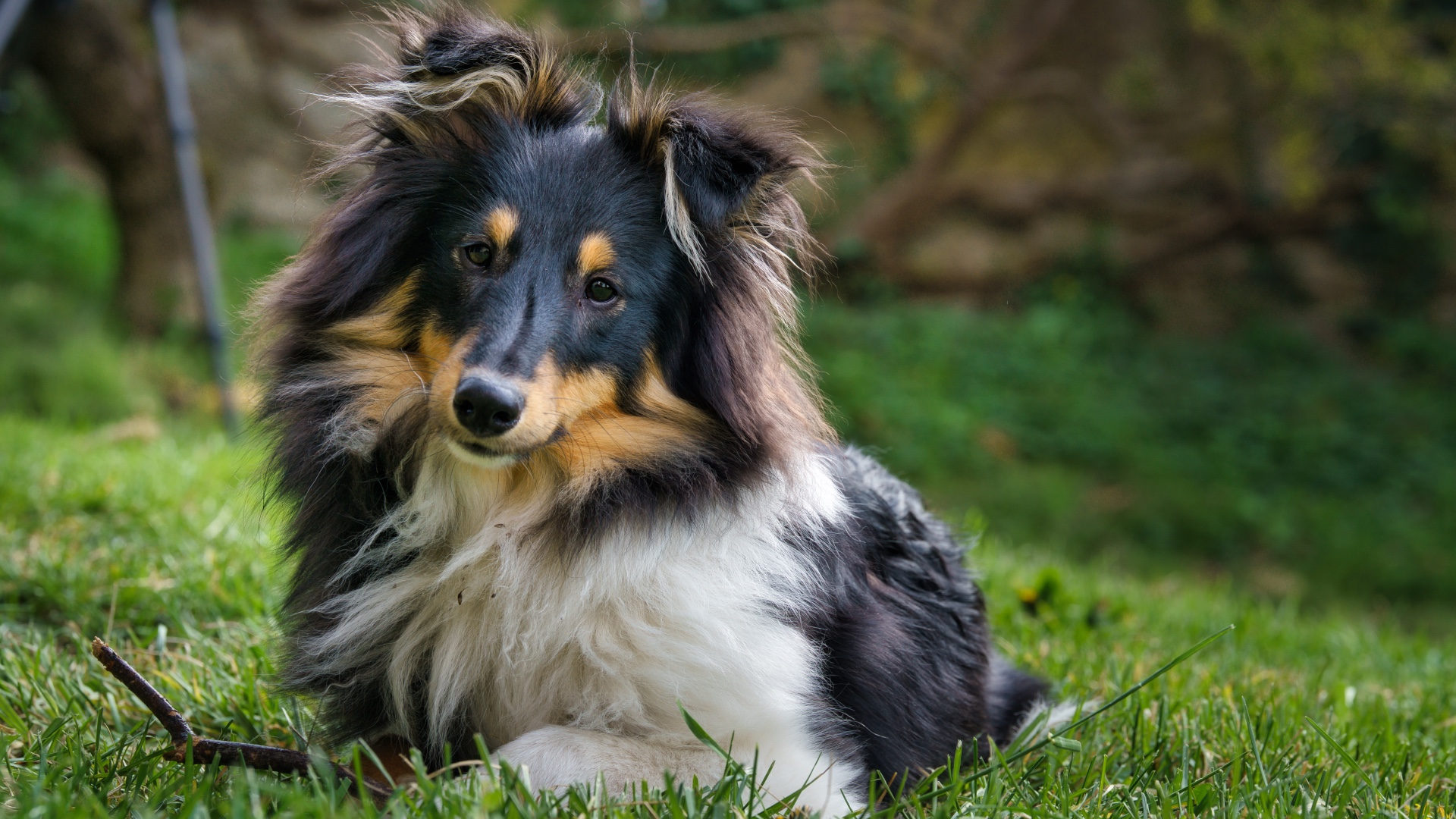
There are so many things to love about the Shetland Sheepdog that we have a feeling they’ll be at the top of your wish list by the time you finish reading this — if you don’t already have one, of course!
Deeply sensitive and affectionate dogs who love nothing more than being by the side of their favorite humans, the Sheltie is a true family dog. Highly intelligent, these pups love to learn and as long as you're armed with a few of the best dog treats and plenty of praise, you’ll find them a breeze to train.
We were already big fans of the Sheltie before we put this list together, but we were delighted to discover new things about this energetic fur ball that has only made us love them more. Keep reading and you may just find your own heart being stolen by this striking breed…
1. Affectionate
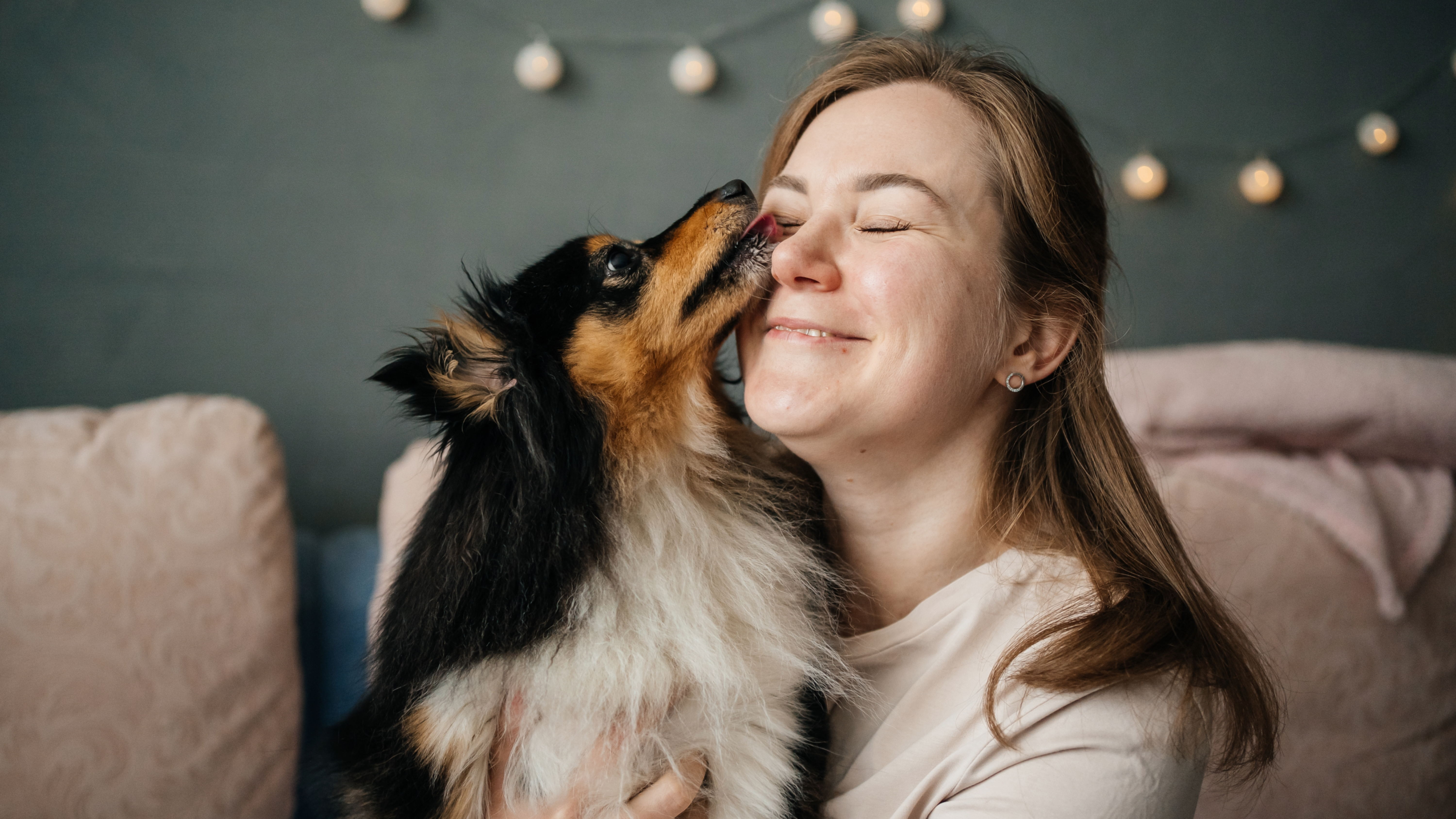
If you’re looking for one of the most affectionate dog breeds, the Shetland Sheepdog may just be the pup for you. Shelties are very loving dogs and while each has their own unique personality, many are known for loving a cuddle or two. They also tend to be fond of belly rubs and pets from those they love and like to be with their humans at all times.
2. Family-oriented

Shelties are very family-oriented dogs and are quite content to spend their days following their humans from room to room. Never happier than when they’re with their favorite people, the Sheltie is a deeply loyal and devoted breed and as long as they’re socialized well from a young age, they make tolerant, fun, and patient playmates for children.
3. Outstanding herders
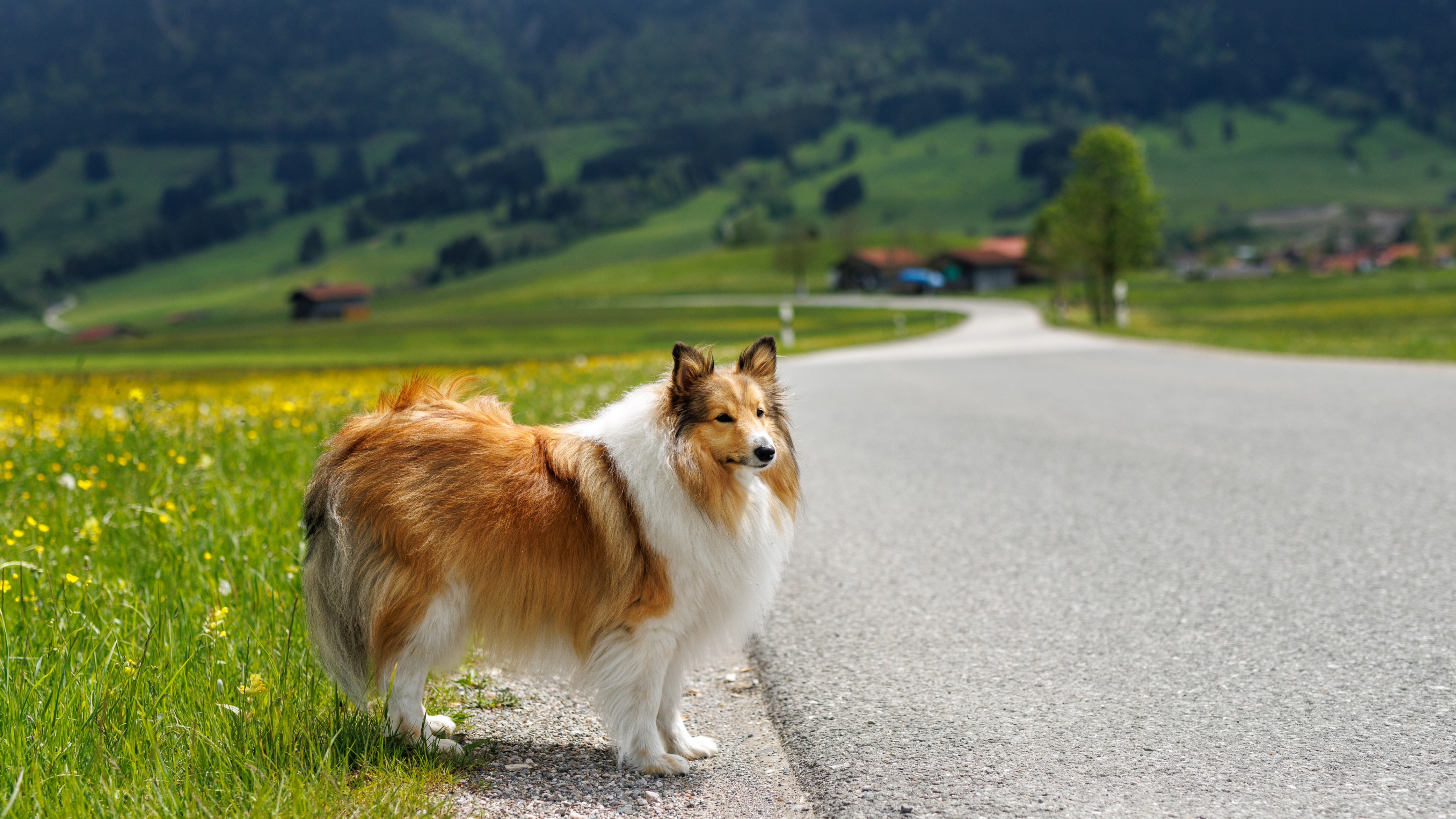
One of the best farm dogs, the Sheltie is the epitome of the herding dog — agile, alert, and highly intelligent. They have very sharp senses, are obedient, quick, and love burning off energy in the great outdoors. However, it’s worth bearing in mind that because their herding instincts are strong, they will apply them to almost anything that moves, including children, other pets, and wildlife, so early training to help them channel these instincts appropriately is very important.
4. Love to learn

There are so many quick and easy tricks to teach your dog, and we highly recommend having a few of them up your sleeve if you plan on welcoming a Shetland Sheepdog into your family. Shelties are super smart and they love a challenge, so tricks, puzzle toys, and other games will all be welcomed by this clever canine.
Get the best advice, tips and top tech for your beloved Pets
5. Need tons of exercise

The Sheltie is one of those high energy dog breeds that need a ton of exercise each day, so they’re definitely not the pup for you if you prefer the quiet life. Easily able to outlast the most energetic of children, the Sheltie needs at least an hour of exercise each day, although preferably more. They love going on long walks and hikes and they’re equally thrilled to head out on a run or jog, so they’re a great breed if you have an active lifestyle.
6. Hail from Scotland
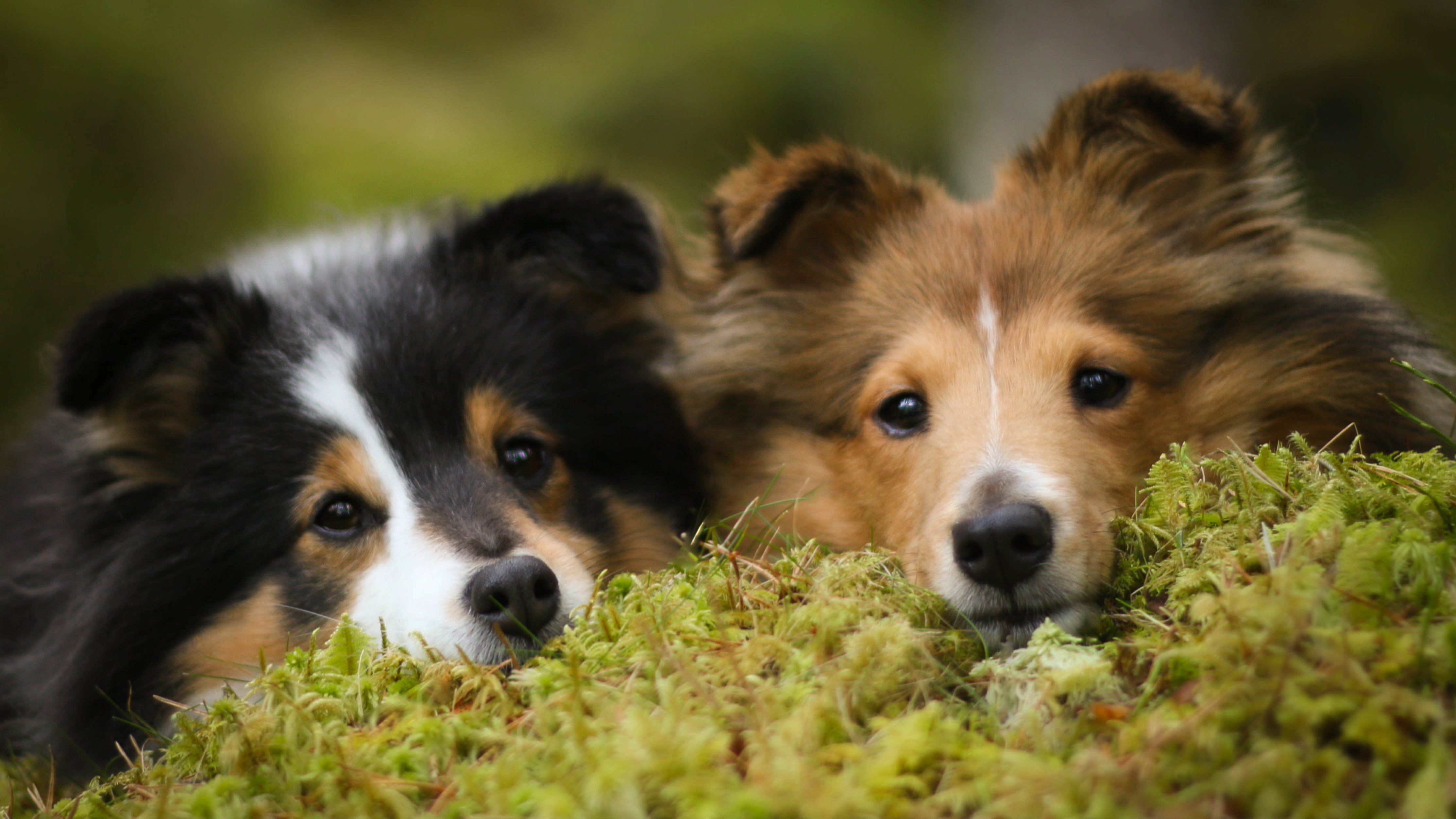
Originally bred on the remote and rugged Shetland Islands, an archipelago in Scotland, the Sheltie was used by farmers to herd sheep, poultry, and ponies. They had another important job as well — to stop birds and sheep from munching on food from the farmers’ gardens. The breed was eventually imported to mainland Scotland in the 20th century before arriving in England and the United States.
7. Can be shy around strangers

While they’re very loving dogs with the humans in their family, Shelties are known for being shy and even wary around strangers. Naturally reserved and cautious, the Sheltie needs lots of training from an early age in order to build a confident temperament.
8. They're stunning to look at

Paws down one of the most beautiful dog breeds around, the Sheltie has a strikingly gorgeous flowing coat that comes in a range of different colors, including black, tricolor, blue merle, and sable. Couple that with their expressive eyes that wear a permanently gentle expression and you’ll struggle not to have your heart melt when you cross paths with a Sheltie.
9. Bred to be small
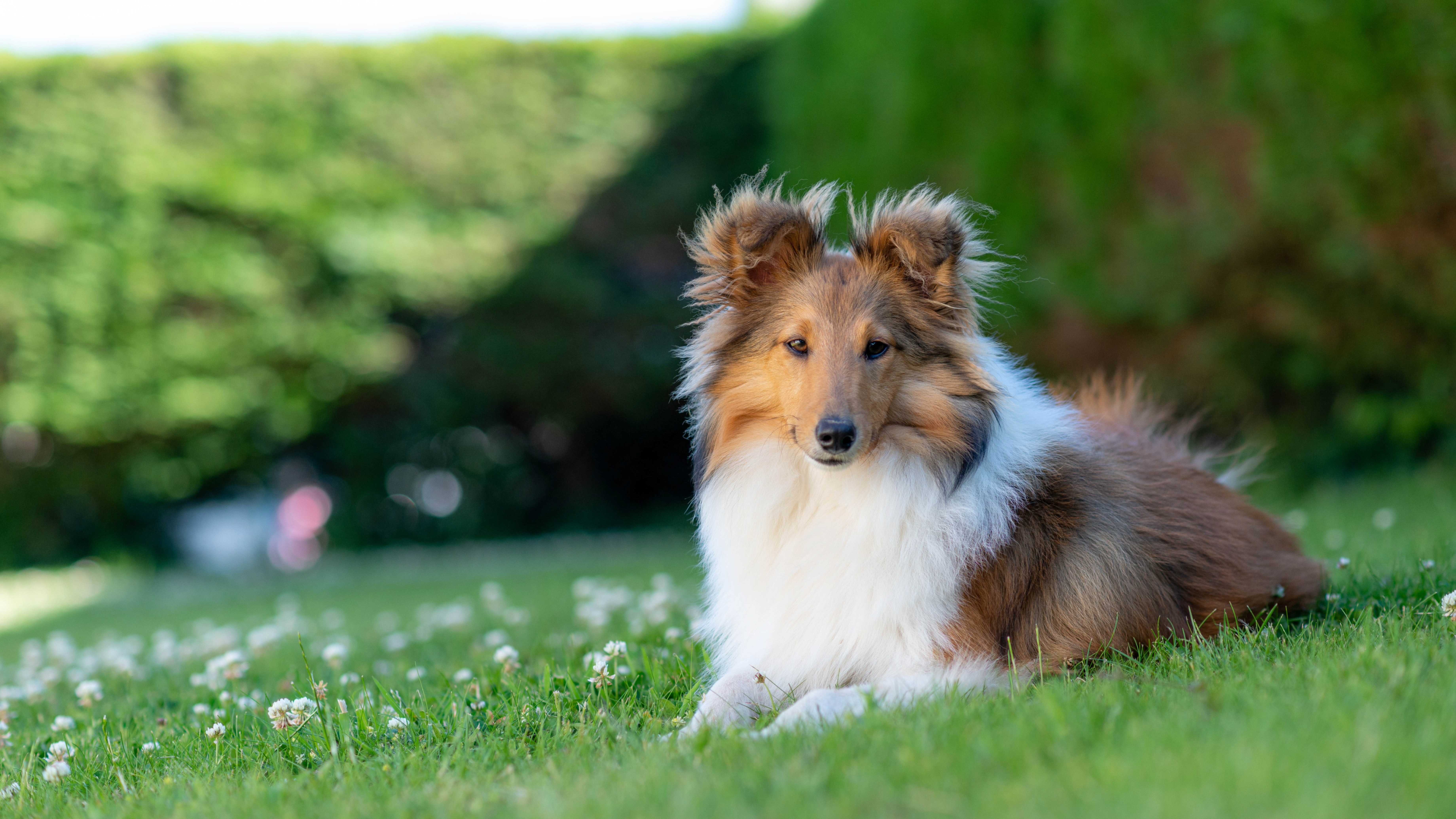
One of the best dog breeds for cold climates, the Shetland Sheepdog was deliberately bred to be small and hardy to help them survive the brutal Scottish winters. Food can be very scarce on the Shetland Islands during winter, but because they were smaller than other herding breeds, farmers didn’t need to feed them as much.
10. Can be very vocal

When it comes to the loudest dog breeds, the Shetland Sheepdog definitely makes the list! Vocal pups who enjoy letting their voices be heard, the Sheltie often barks to express their happiness or when meeting new people. While you’ll never get the Sheltie to stop vocalizing, training can help lessen the amount of barking they do in certain situations.
11. Great watchdogs
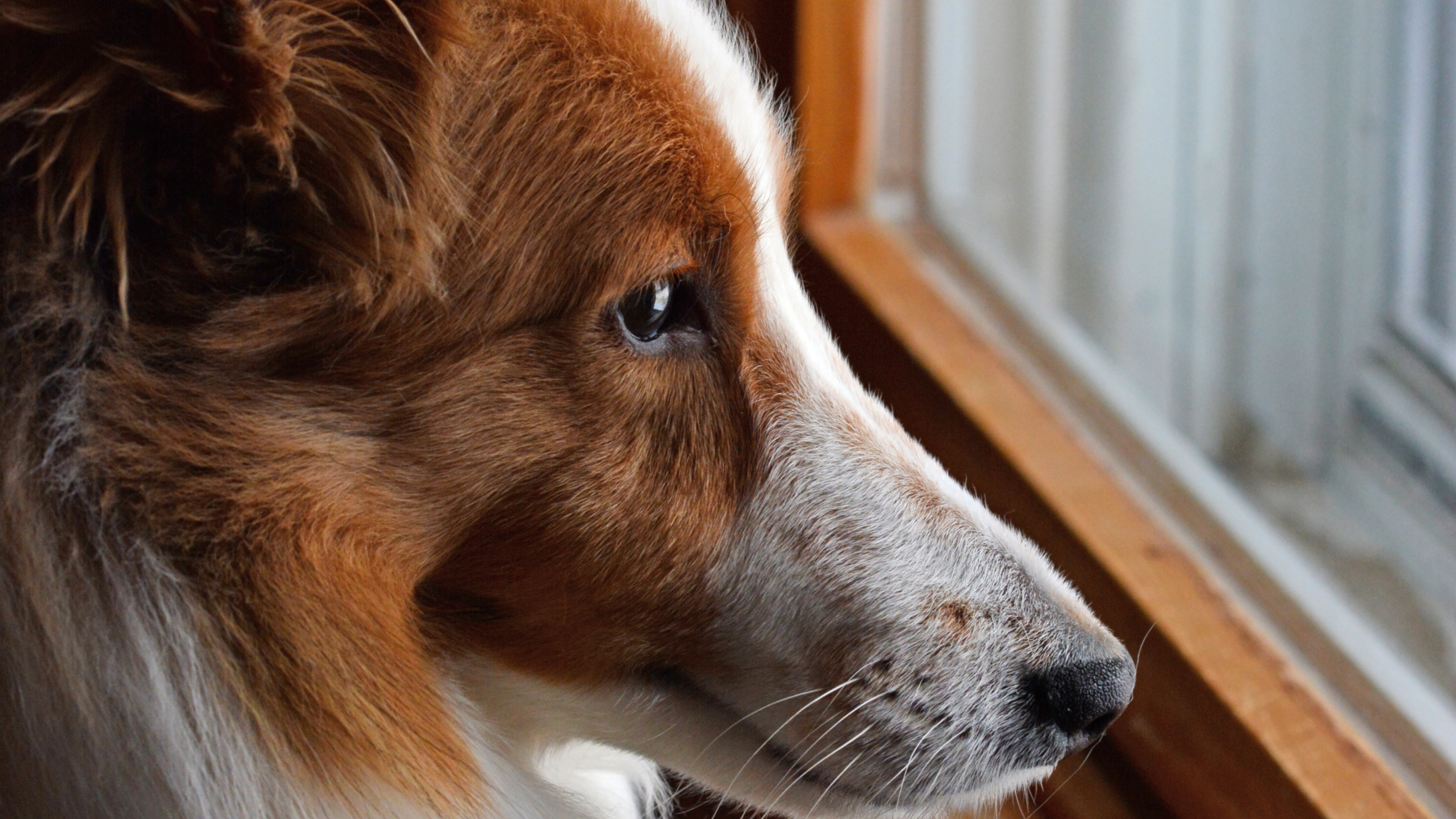
Because Shelties are wary of strangers, like to bark, and are highly protective of those they love, it makes sense that they’d excel at being watchdogs. While not usually aggressive, they’ll certainly start barking if they sense something is wrong.
12. Highly intelligent

When it comes to the smartest dog breeds, the Shetland Sheepdog is right up there. In fact, research has shown that the Sheltie is the sixth smartest dog out of more than 100 breeds that have been studied, which is pretty darn impressive. Shelties are known for being able to master a command after hearing it just five times and they are one of the only breeds who will carry out a known command the first time it’s issued. So if you’re looking for an obedient pup you won’t have to repeat yourself with, the Shetland Sheepdog is hard to beat.
13. One of the most popular breeds in the US

Did you know that the Shetland Sheepdog is one of the most popular dog breeds in the US? It’s true! Between the 1970s and the 1990s, the Sheltie regularly appeared on the American Kennel Club’s list of the top 10 dog breeds in the United States. While they’re not quite as popular as they once were, they remain in the top 30.
14. First started appearing in the 1700s
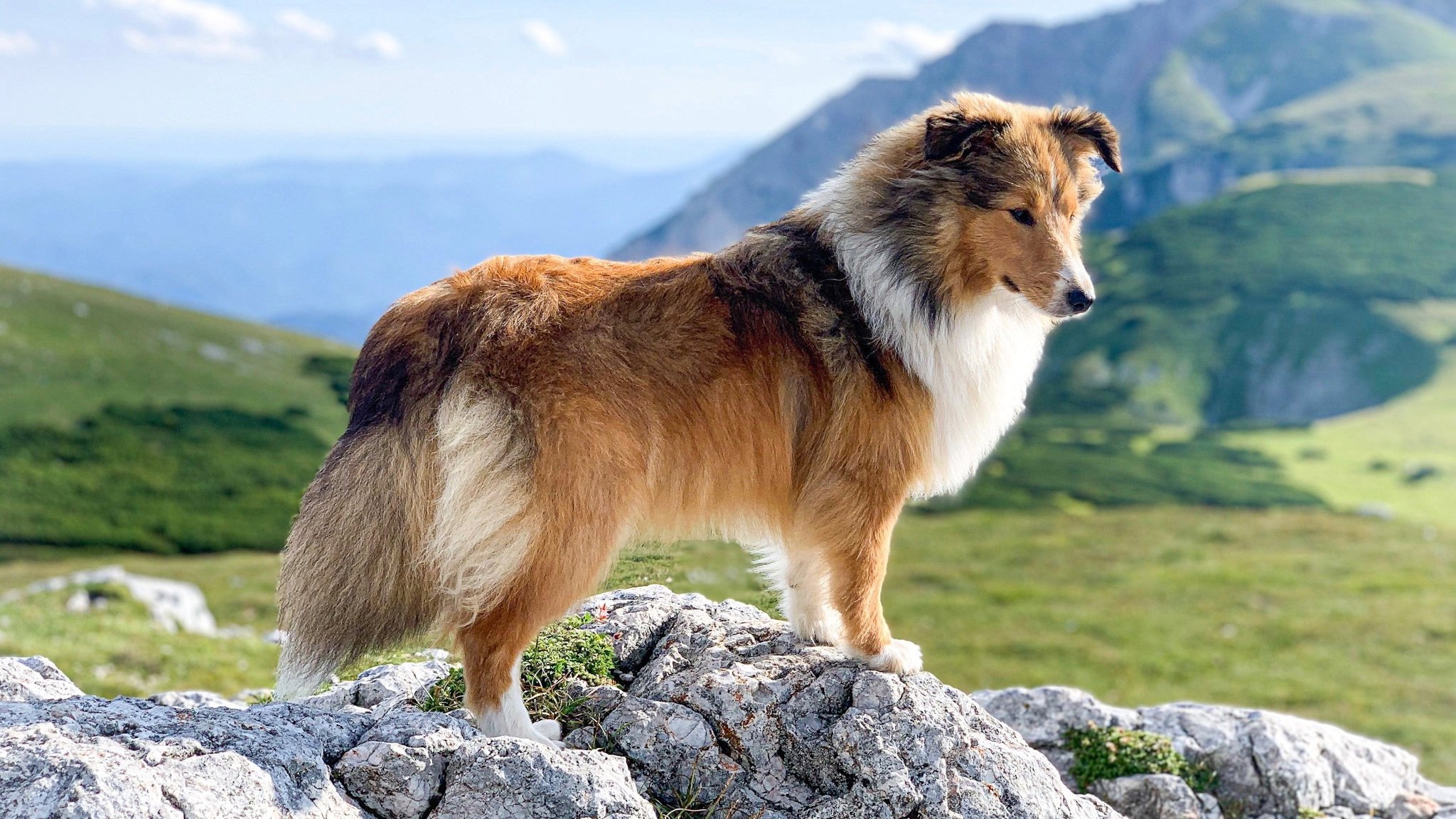
It’s believed Shelties first came into existence in the 1700s when Scottish farmers imported herding dogs from Scandinavia to the Shetland Islands. These original dogs were very likely Spitz breeds and over time, they were bred with herding dogs and then later small dogs, like the Cavalier King Charles Spaniel and the Pomeranian, to create what is now known as the Shetland Sheepdog.
15. They're used as service dogs
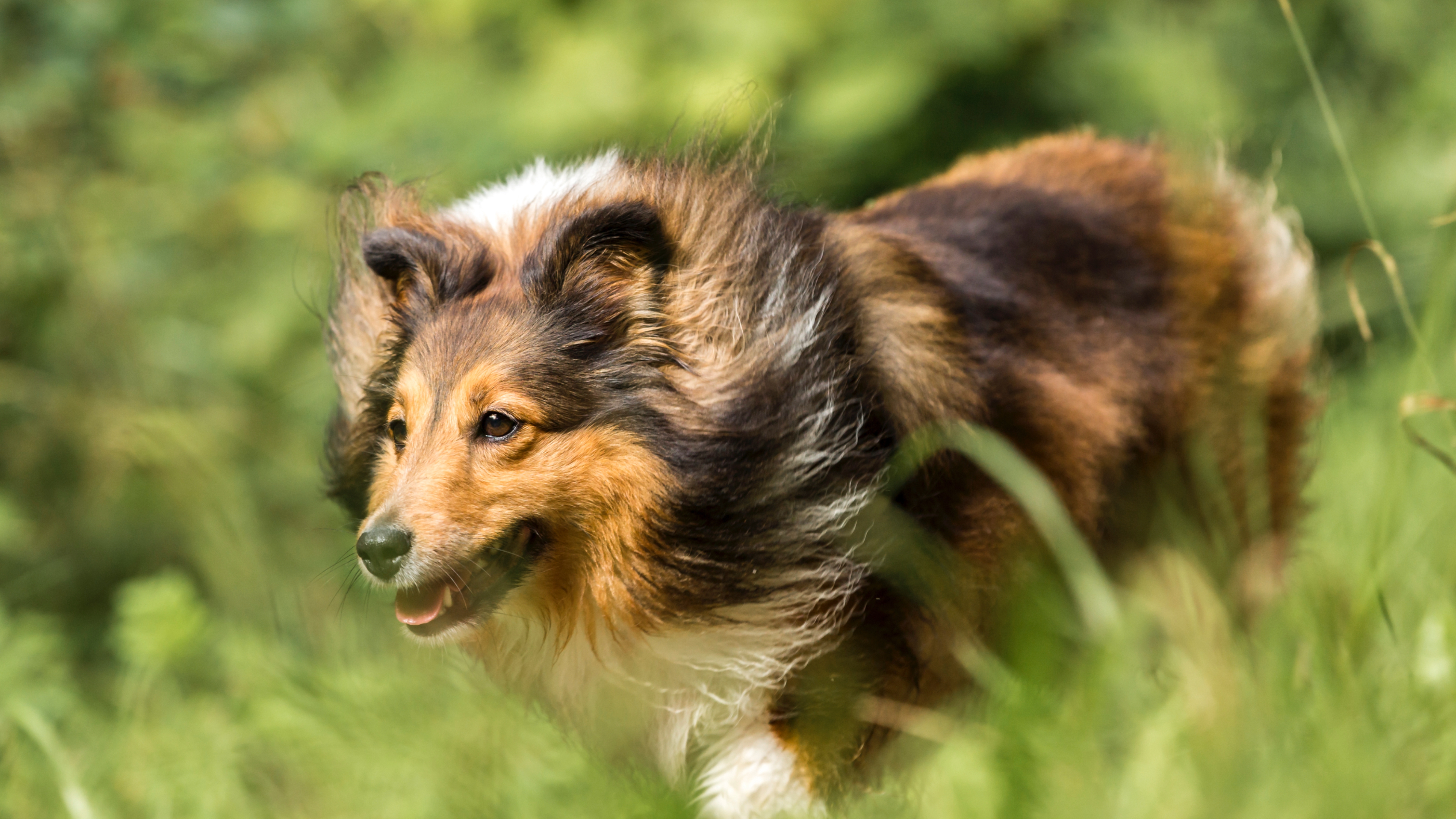
When it comes to things to know about service dogs, we were surprised to learn that the Sheltie is often used in service-type roles. Because they’re so intelligent and easy to train, you’ll often see them working as medical alert and emotional support dogs and they’re wonderful at assisting people with disabilities thanks to their sensitive nature. Shelties love having a job to do and they bond deeply with humans as they get to know and trust them, so no wonder they’re such a popular choice for service pups.
16. They've graced the silver screen several times
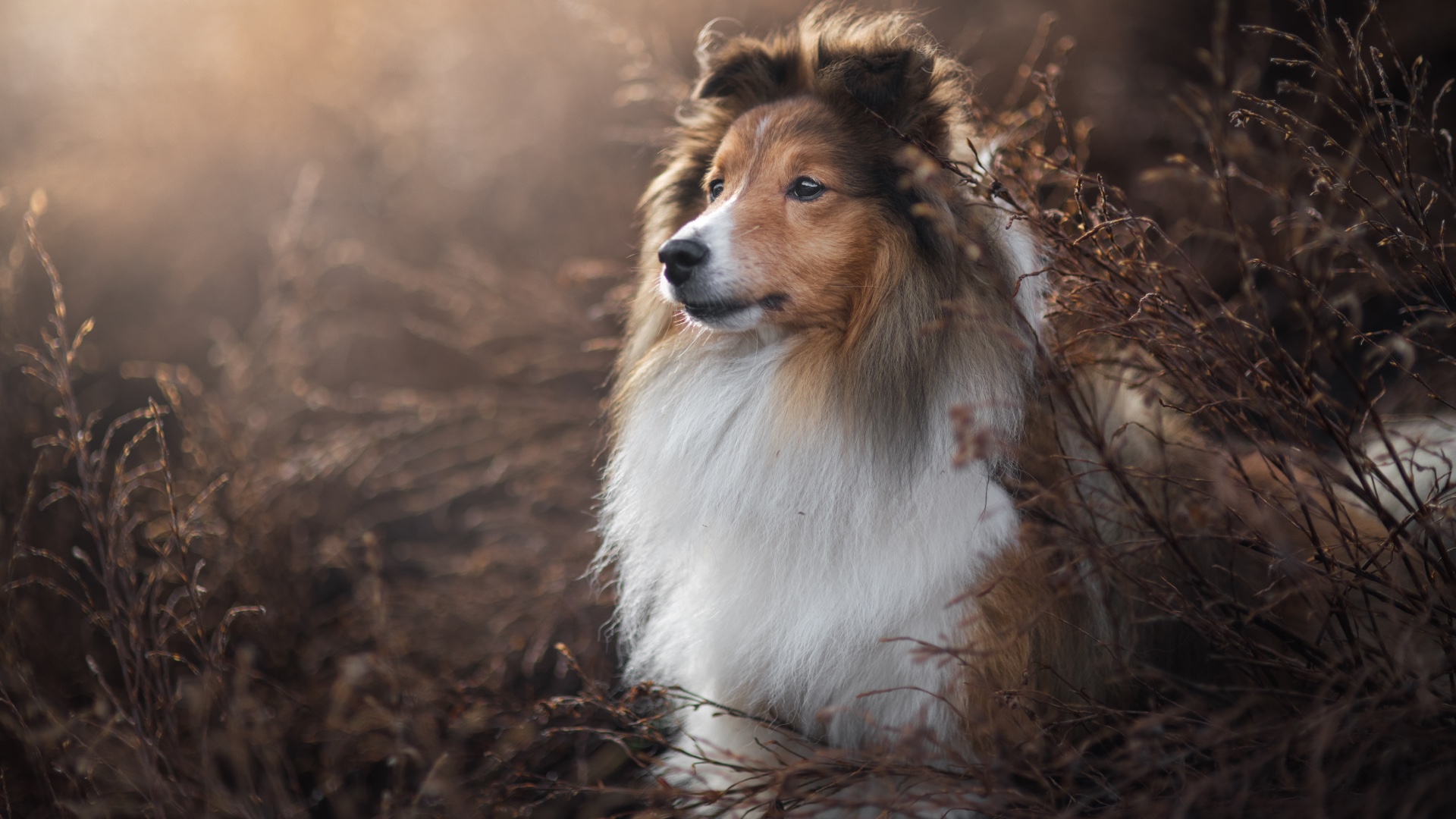
While they’re not as popular as the collie, the Shetland Sheepdog has still had their fair share of screen time. Sheltie appeared in the hugely popular Jennifer Garner film ‘13 Going on 30’ as well as the Shelley Long film ‘The Adventures of Ragtime’.
17. They were first registered in the 1900s

While the breed began popping up in the 1700s, it wasn’t until 1909 that the England Kennel Club first recognized the Shetland Sheepdog as a breed in its own right. At this point, they went by the name Scottish Collie or Shetland Collie, but eventually, their name was changed to the Shetland Sheepdog. The American Kennel Club registered them a few years later in 1911 and the breed standard was developed in 1952.
18. One of the smallest herding breeds

Typically reaching heights no greater than 16 inches, the Sheltie is one of the smallest herding dogs around, alongside the Pembroke and Cardigan Welsh Corgi and the Swedish Vallhund. Compare this to the Border Collie, arguably one of the most popular herding dogs, who tend to stand at 20 inches tall.
19. Struggle with separation anxiety

One of the dog breeds most likely to have separation anxiety, the Sheltie loves to be with their people and doesn’t do well when left alone. They are very adept at picking up on cues that their humans are about to leave them and will often pace, bark, and whine until they return. Because of this, Shelties do best in homes where there’s someone around all day to keep them company.
20. Easy to train

When it comes to training your dog on your own, you’ll find the obedient Shetland Sheepdog to be a dream student. Bright and eager to please, they’re quick studies who find it easy to master new skills and commands. Just bear in mind that they are sensitive souls and so they respond best to positive reinforcement in the form of praise, pets, and treats.
21. Very adaptable

Known for being one of the most adaptable dog breeds, provided they get enough exercise, the Shetland Sheepdog will thrive in almost any living environment. Equally as happy in the city as they are in the country, the Sheltie will make themselves at home in a small apartment or a sprawling farmhouse just as long as they have their favorite people by their side.
22. Their fur is incredibly soft
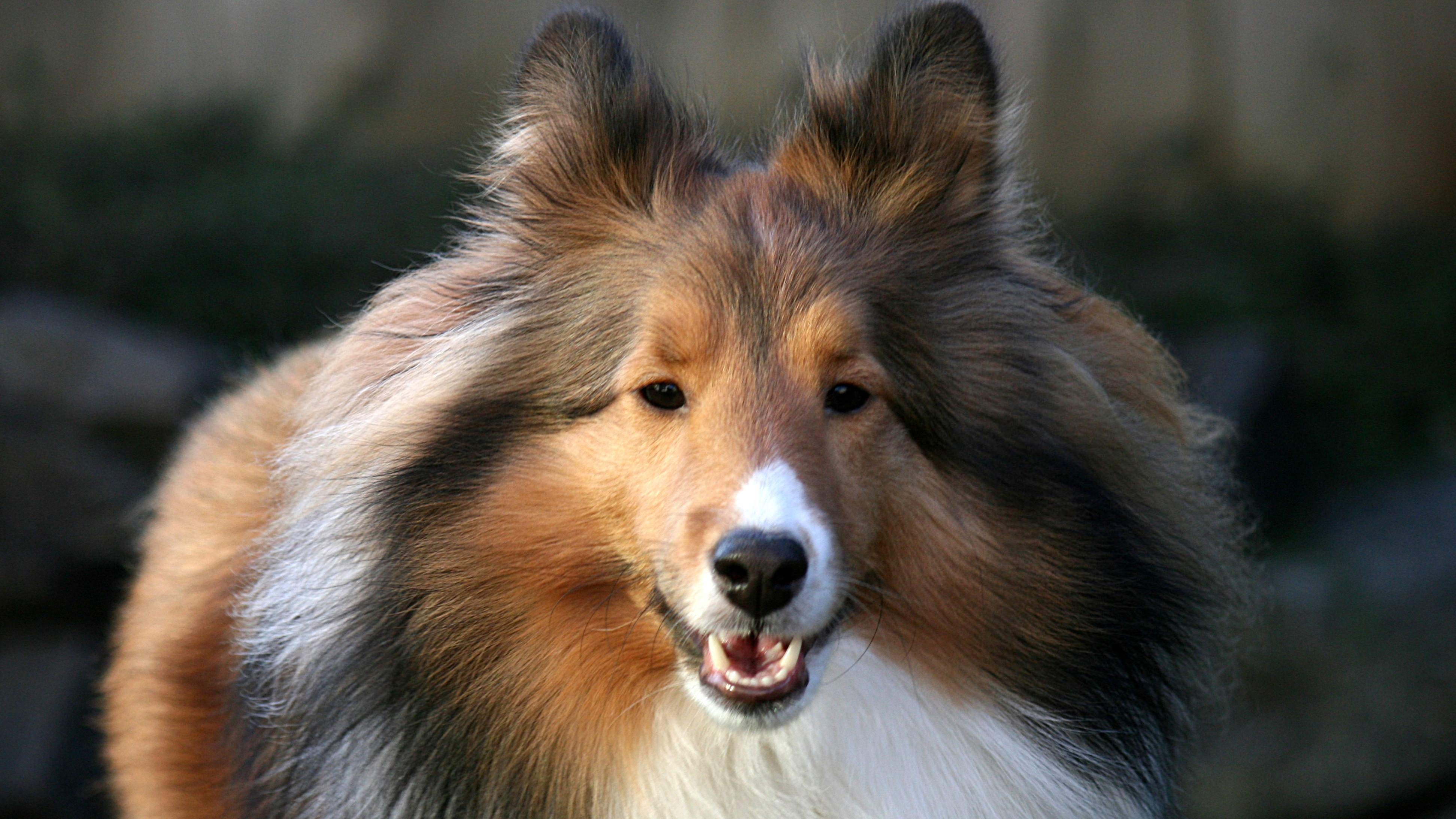
It’s hard to beat cuddling with a canine companion — but it’s extra comforting when they have fur that’s as soft as silk! The Sheltie has a beautifully feathered coat that comes in a range of striking colors, and while we don’t have any scientific data on this, we have a feeling that just petting one of these pups will be enough to lower your blood pressure.
23. They shed like crazy
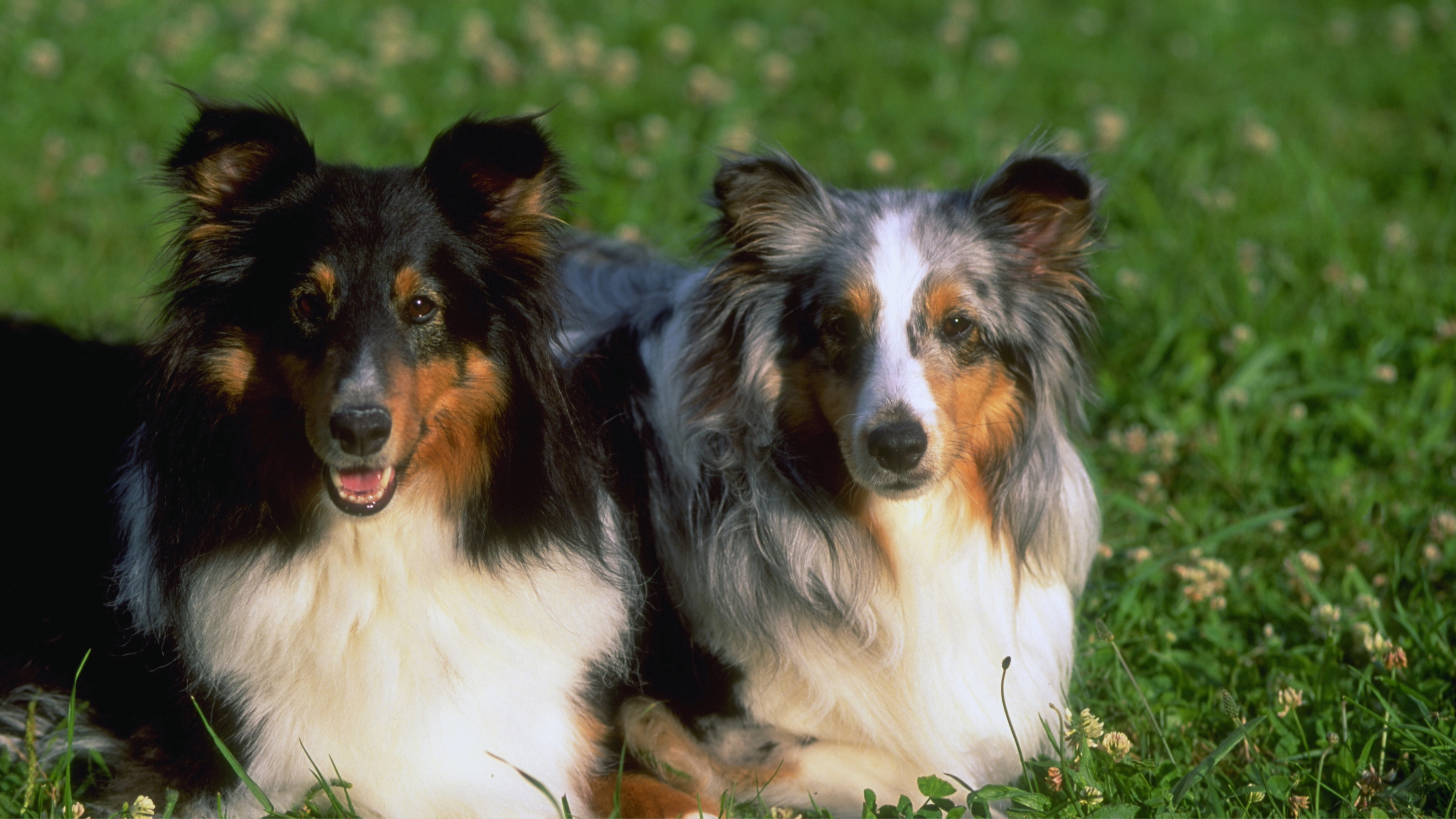
Dog shedding is one of the downsides to being a pet parent and unfortunately, the Shetland Sheepdog sheds moderately all year round, with heavy shedding taking place twice a year during the spring and the fall. Because of this, we highly recommend brushing them each day to minimize the amount of fur that ends up on your floor.
24. Very gentle

The Sheltie is known for its gentle and sweet temperament and peaceful personality. Kind dogs that get along well with children and other pets when socialized correctly, they thrive in homes where softness and gentleness are the way of life.
25. Sensitive
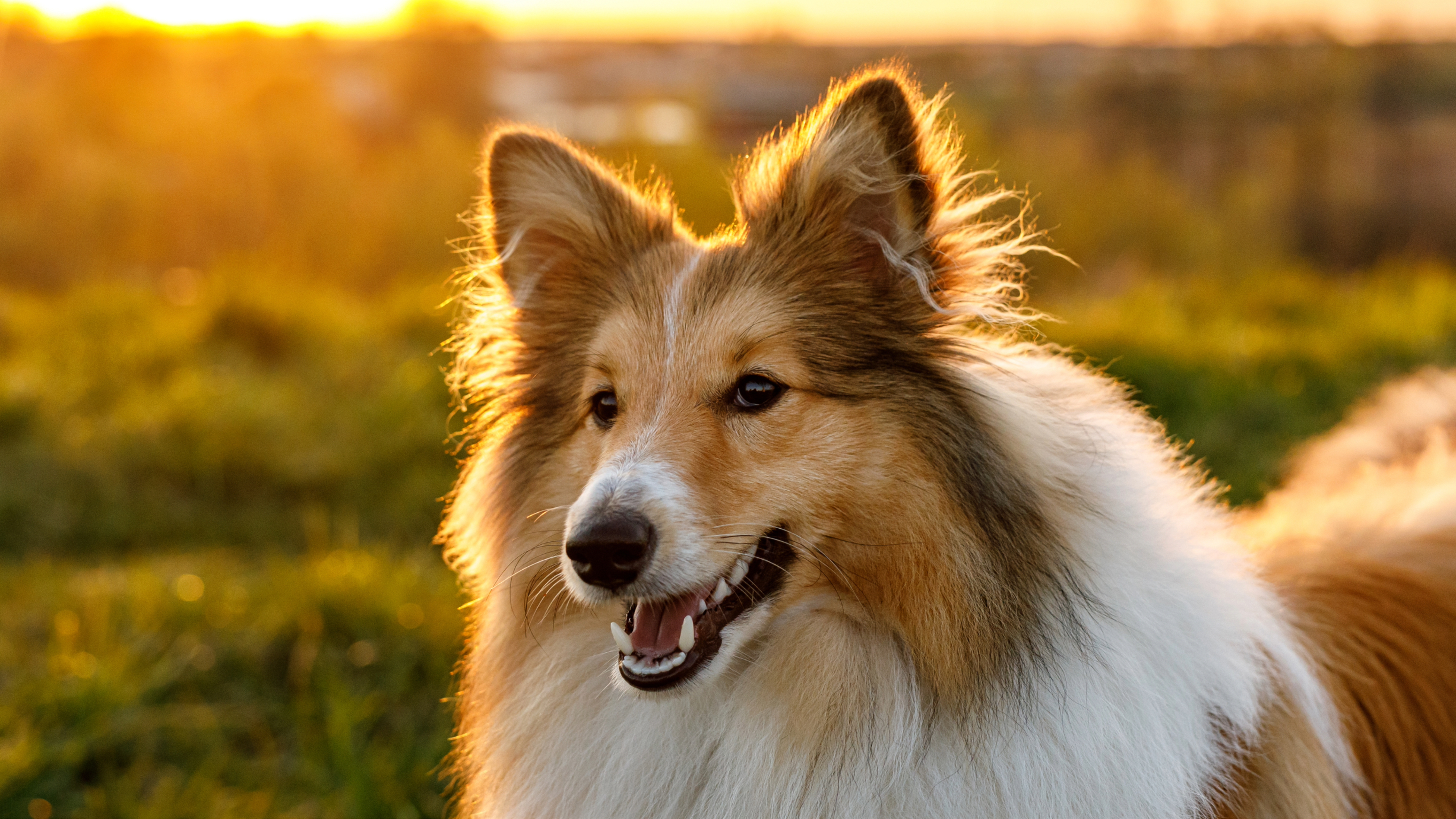
One of the best emotional support animal breeds, the Sheltie is a sensitive and highly perceptive pup who is very in tune with the moods of those around them. Intensely loyal and responsive to their owners, they’re known for sticking close to those they love in both good times and bad.
26. Love to play
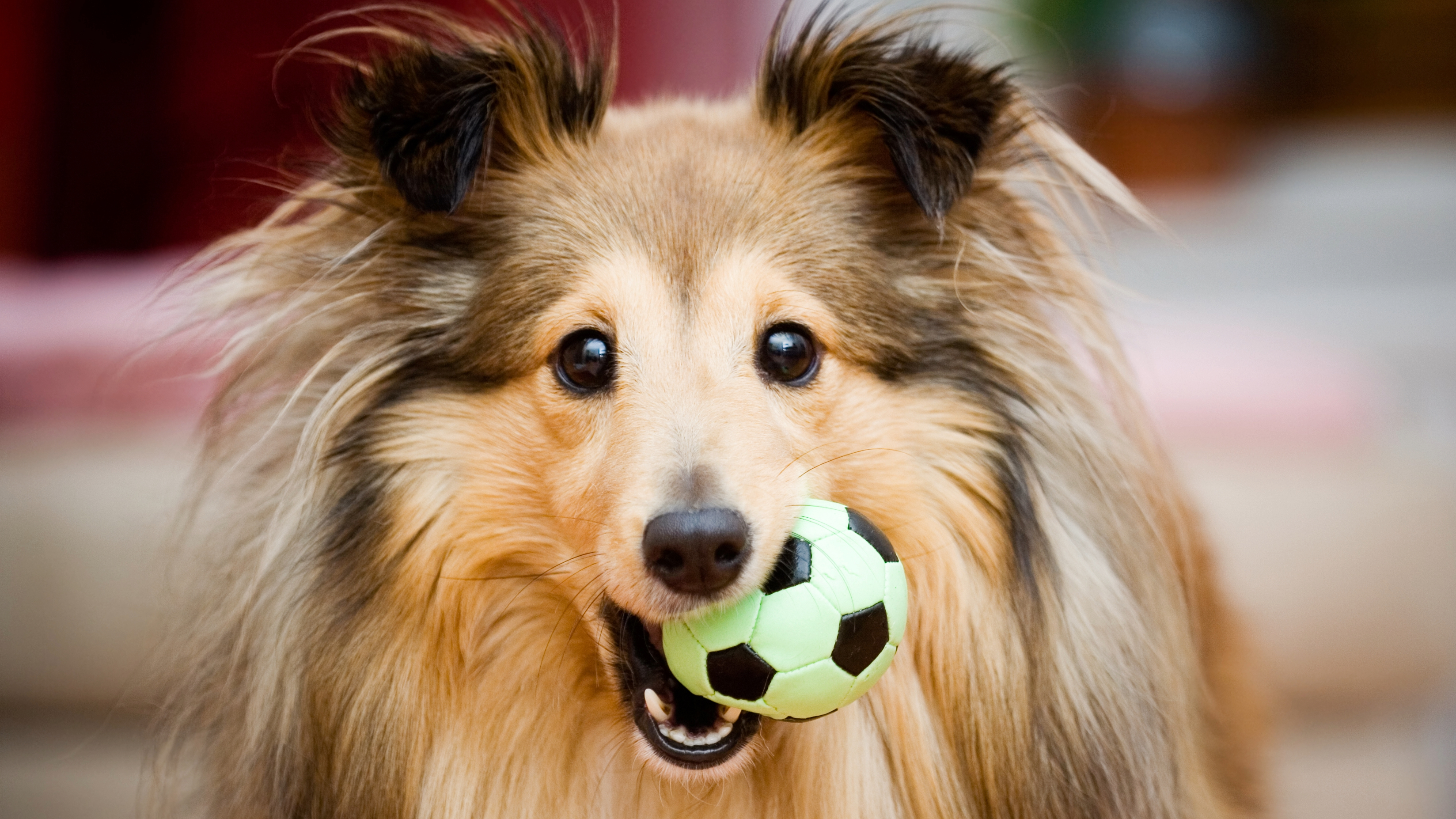
Get some of the best dog toys at the ready because the Shetland Sheepdog loves to play. This active and energetic pup is also super smart, so we highly recommend a mix of toys that will challenge them both physically and mentally. Think rope toys for tug, ball toys for fetch, and puzzle toys to give their brains a good workout.
27. Excel at canine agility

Both fast and accurate, Shetland Sheepdogs are hard to beat when it comes to agility and often feature in top competitions. It goes without saying that they also do brilliantly at herding events, as well as any competition focused on obedience or tracking.
28. Need to be walked on a leash

Because Sheltie’s are a herding breed, they’re prone to wanting to round up everything they come across — including other animals and people (especially small children). They also like to chase other moving things too, such as cars, which is why it’s so important to walk them on a leash.
29. Prone to certain health issues

While they’re generally healthy dogs, like any breed, the Shetland Sheepdog is prone to particular health conditions — namely hip dysplasia and collie eye anomaly, a genetic condition that affects the development of the eye. They can also suffer from Sheltie skin syndrome, an inherited disease that causes inflammation in the skin, muscles, and blood vessels. These conditions can all be picked up through genetic testing, which all responsible breeders should do prior to a Sheltie being adopted.
30. They aren't miniature collies
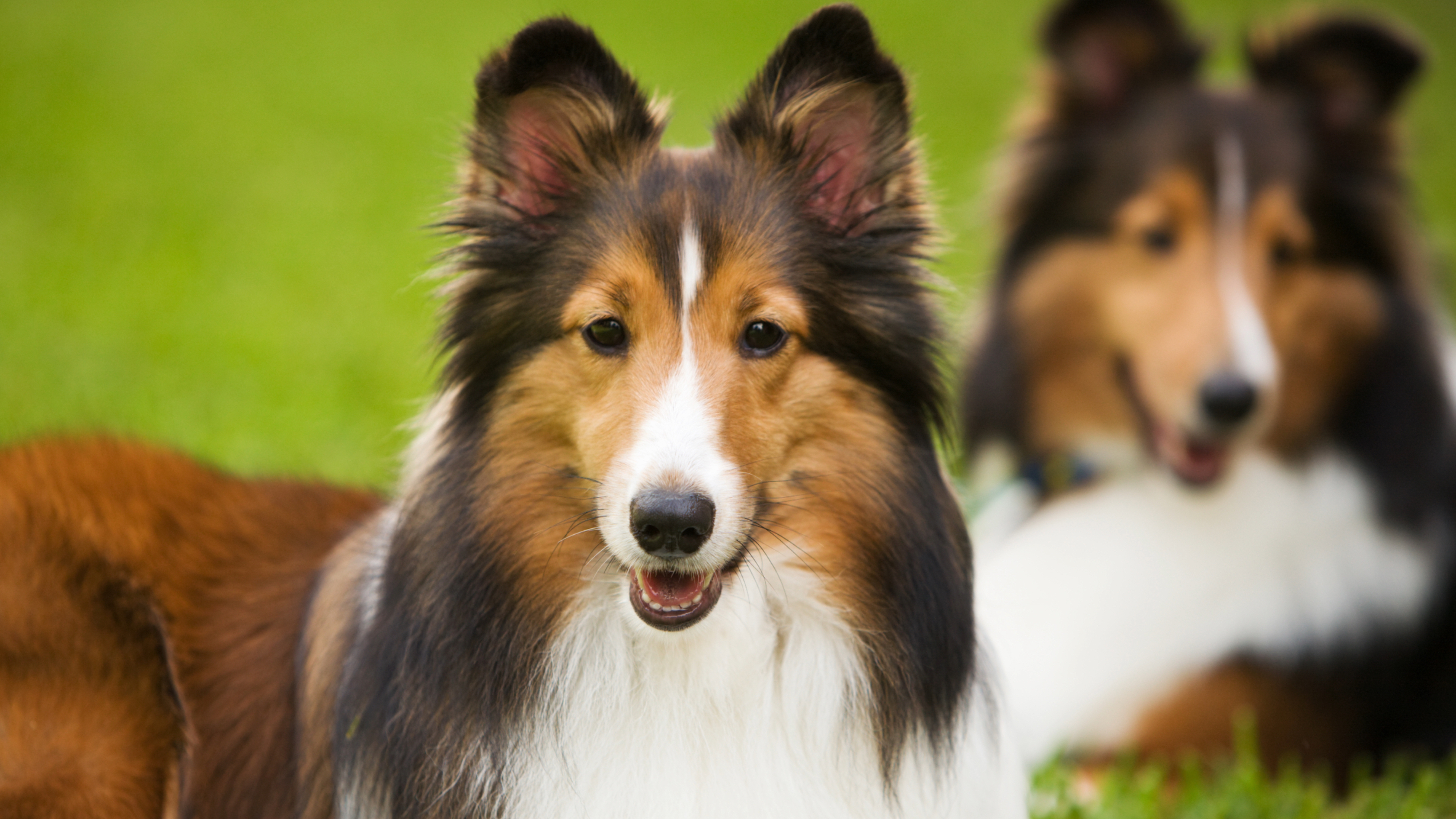
While they look very similar to the rough collie, they are not a miniature or toy version of this breed and are instead a breed in their own right — although both were developed in the United Kingdom and have a similar work ethic.
31. They used to be smaller

These days, the Sheltie tends to reach heights of between 13 and 16 inches, however, they didn’t use to be this tall. In fact, when the Sheltie was first bred, they were rather petite 8-10 inches tall.
32. Live for 12-15 years

The Shetland Sheepdog has a longer life expectancy than many other breeds, with it not being unusual for healthy Shelties to live for 15 years. While many things influence life expectancy (including genetics, diet, and overall health) with the right love and care some Shelties have been known to live longer, such as the oldest Sheltie on record who reached an impressive 20 years of age.
Read next: Shetland Sheepdog vs collie

Kathryn is a freelance writer who has been a member of the PetsRadar family since it launched in 2020. Highly experienced in her field, she's driven by a desire to provide pet parents with accurate, timely, and informative content that enables them to provide their fur friends with everything they need to thrive.
Kathryn works closely with vets and trainers to ensure all articles offer the most up-to-date information across a range of pet-related fields, from insights into health and behavior issues to tips on products and training.
When she’s not busy crafting the perfect sentence for her features, buying guides and news pieces, she can be found hanging out with her family (which includes one super sassy cat and a kitten), drinking copious amounts of Jasmine tea and reading all the books.
She has written for a range of publications, including Fit&Well, Top Ten Reviews, LiveScience, Goodto, and Product Hunt.
